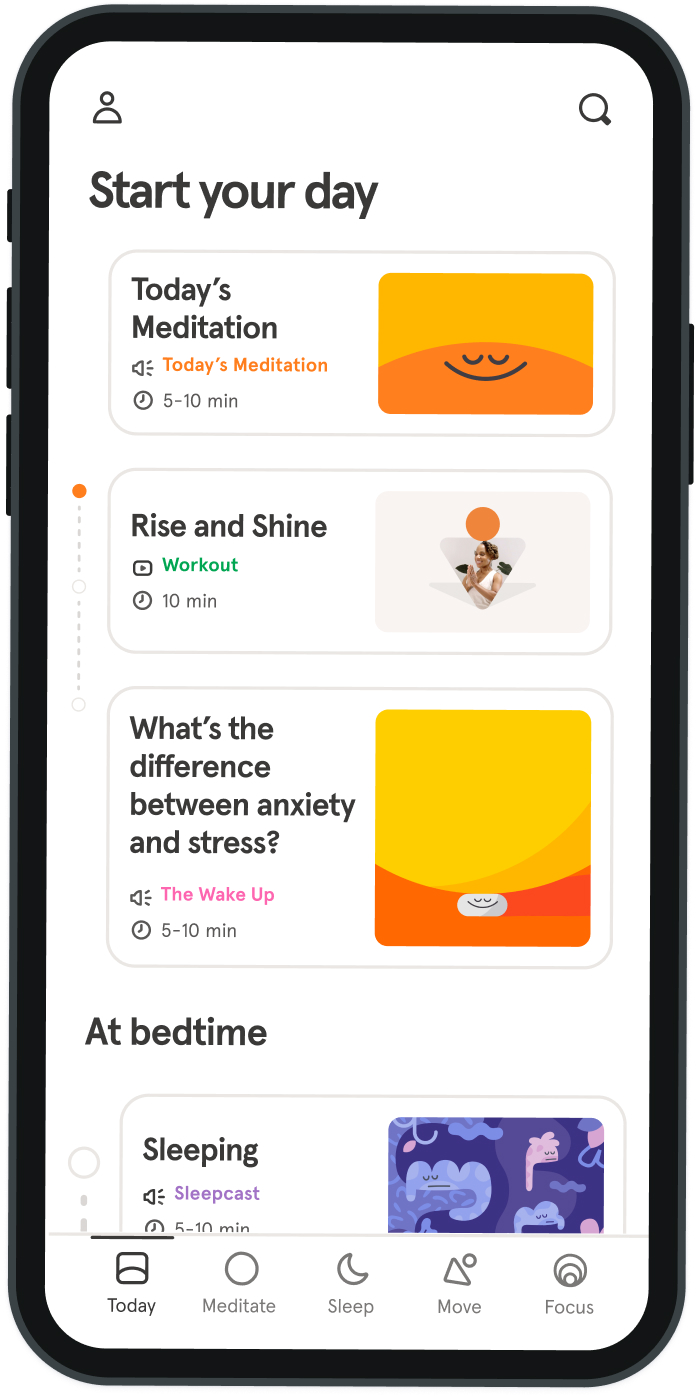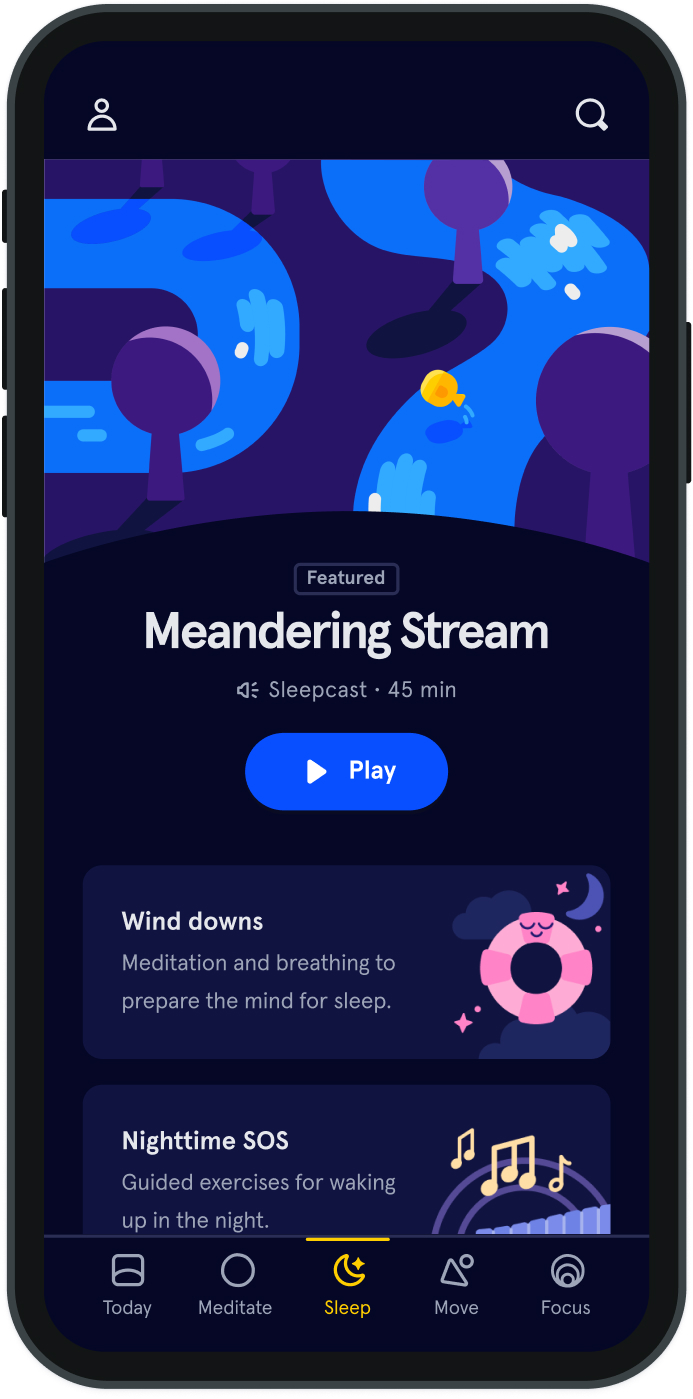How to be a calmer parent
Parenting can be one of the most challenging and exhausting tasks we face. It can also be one of life’s most fulfilling and invigorating adventures. With all the roles parents juggle, life can sometimes seem to move faster than they’d like; both mentally and physically.
It’s not uncommon for parents to go through the day trying to decide which task to prioritize while thinking of the next thing that also needs to be done. All of this multi-tasking leaves one question that always seems to always get overlooked: how are we as parents supposed to find the time and space to be calm, and be present when our kids need us the most? _[_Editor’s Note: If you can’t even find the peace and quiet to read this article, start with an SOS session.] If we look at mindfulness as the ability or capacity to be fully present and pay attention with kindness, respect, and without judgment to moment-to-moment experiences, we begin to see and love our children more and more as they really are. While practicing mindfulness is something many of us incorporate into our daily lives, the act of being mindful often requires a conceptual change. Yaffa Maritz, clinical psychologist and cofounder/director of the Community of Mindful Parenting, says that mindful parenting implies an “ongoing intention to paying attention, taking pauses, noticing when one does not pay attention, and re-orienting towards being present at the given moment without beating oneself up”.
To practice mindful parenting, “a parent has first to set an intention to be present, and once this becomes a treasured value of our parenting, we practice [the] STOP [method],” says Maritz. She describes the acronym as: Stop, take a pause. Take a few deep breaths to calm the autonomic nervous system. Observe, notice, and pay attention with curiosity and acceptance to your sensations, thoughts, and emotions. Proceed to respond from a clear mental state. Mindful parenting allows us to be more attuned, more accepting, and less judgmental as we model the behavior we’d like to see in our children. Maritz believes that kids who grow up in this environment experience being heard, valued, and accepted for who they are—enabling them to thrive. _[_Editor’s Note: To really model behavior, try one of the Kids meditations with them.] To illustrate how mindful parenting can be effective, let’s use the dreaded temper tantrum as an example. Parents can often get frustrated and react immediately when a child throws a tantrum. But mindfulness can help parents slow down, explore, and become aware of their own needs, before attempting to understand and address the deeper needs of their child. Maritz says that parents who practice the STOP method can increase their chances of regulating their own emotions, which will help them to respond in a calm and appropriate way. [Editor’s Note: Again, maybe the SOS session.] Parents can then orient themselves toward their child with kind and compassionate attention. “This allows parents to take a broader perspective and helps them realize their child is using the tantrum to express frustration or some other unmet need,” says Maritz. Boundaries can then be set on a child’s unacceptable behavior, while still showing love and positive regard.
When we mindfully respond to a situation rather than react to it, we can teach our children that clear thinking and calmness help effectively solve conflicts in a kind, respectful manner. There are countless ways mindful parenting can positively impact our family’s health, happiness, and well-being. But probably the most beautiful gift it can offer is the simple act of slowing down and paying more attention to our kids.



Be kind to your mind
- Access the full library of 500+ meditations on everything from stress, to resilience, to compassion
- Put your mind to bed with sleep sounds, music, and wind-down exercises
- Make mindfulness a part of your daily routine with tension-releasing workouts, relaxing yoga, Focus music playlists, and more
Meditation and mindfulness for any mind, any mood, any goal

Stay in the loop
Be the first to get updates on our latest content, special offers, and new features.
By signing up, you’re agreeing to receive marketing emails from Headspace. You can unsubscribe at any time. For more details, check out our Privacy Policy.
- © 2025 Headspace Inc.
- Terms & conditions
- Privacy policy
- Consumer Health Data
- Your privacy choices
- CA Privacy Notice
